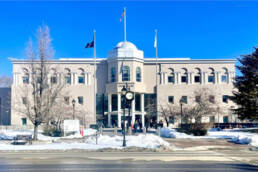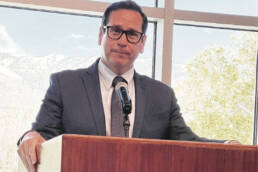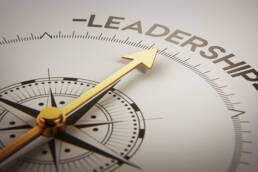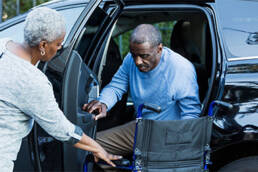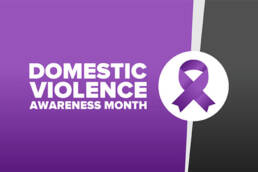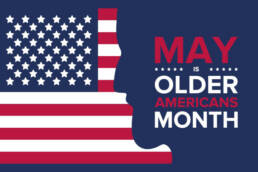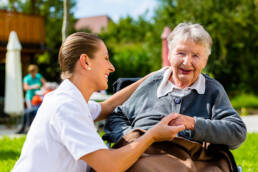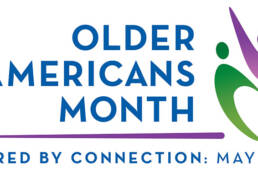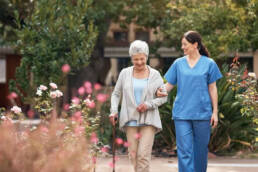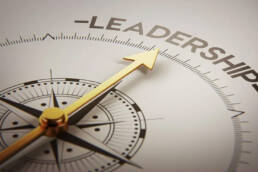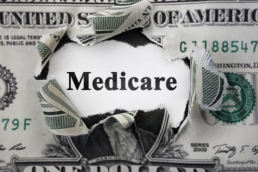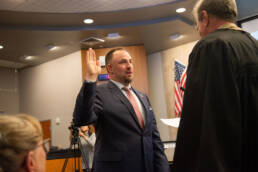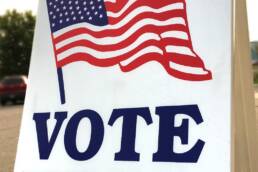Ageism and The Political Environment
Ageism is a prejudice or discrimination against people based on their age. It typically applies to people who are older but can also affect young people. Ageism has a negative impact on physical and mental health. I have written a couple of articles on ageism over the years and it is just as predominate today as decades ago.
Ageism is a systemic form of oppression, but unlike other causes of inequity, such as racism or sexism, anyone can experience it. Although it is universal, people do not always take ageism as seriously as other forms of inequity. That is in part why it is still so present today.
Ageism is arguably the last widespread prejudice in Western societies. According to the World Health Organization (WHO) about half of people globally hold negative views of elders, including many older people themselves. It is an irrational prejudice, not least because it is based on lazy stereotypes, but also because elders are the one marginalised group we will all eventually join, if we are lucky enough, which I am.
Ageism is self-defeating too. Young people look down on their elders and it also causes elders to look down on themselves, narrowing their horizons and exacerbating illnesses that can come with advancing years. There is even evidence that younger people who are ageist are setting themselves up for poorer health when they themselves are older and even early death.
There are many pioneering organizations trying to address the scourge of ageism, and all power to them. However, hostile ageism involves someone having openly aggressive beliefs about age and benevolent ageism involves someone having patronizing beliefs towards people based on their age, such as that older adults are childlike and require guidance with basic tasks.
Data from the 2020 National Poll on Healthy Aging found that 82% of older Americans reported experiencing ageism regularly. The survey found that:
- 65% experienced ageist messages from the media
- 45% experienced interpersonal ageism
- 36% had internalized ageism
Ageism is a systemic form of oppression against elders. Another study looked at individual attitudes to aging during late middle-age and how they might influence their overall lifespan. The authors concluded that older individuals with more positive self-perceptions of aging, measured up to 23 years earlier, lived 7.5 years longer than those with less positive self-perceptions of aging.
In fact, in a survey of 84 people ages 60 and older, nearly 80 percent of respondents reported experiencing ageism, such as other people assuming they had memory or physical impairments due to their age, such as President Biden supposedly has.
The term cognitive decline refers to a gradual decrease in mental functioning with age, but before we tackle the facts of the matter, we need to dismiss a couple of associated myths: First – Dementia is inevitable as you age! According to the WHO, the risk of developing dementia increases with age, but it does not affect all older adults. Worldwide, an estimated 5–8% of people over 60 have dementia. That means that 92%–95% of people aged 60 or older do not have dementia. In the United States, an estimated 13.9% of people over 71 have dementia, meaning that 86.1% of people over 71 do not have dementia. OK, given that both President Biden and former President Trump are over 71, neither have an 86.1% chance of having dementia!
In addition, contrary to popular opinion, cognitive decline does not necessarily signal the start of dementia. People who go on to develop dementia tend to experience cognitive decline first. However, not everyone who experiences cognitive decline will develop dementia. One study estimated that 22% of people in the U.S. aged 71 or older experience cognitive decline. As these statistics show, cognitive decline is not inevitable, regardless of the long-held myth that older adults experience a mental slowing down and, importantly, there are ways to reduce the risk.
It is clear, however, that ageism has a host of negative effects, for people’s physical and mental well-being and society as a whole. What’s more, the negative stereotypes that fuel ageism often get aging all wrong. The attitudes that underlie age bias are often rooted in falsehoods. While it is true that the risk of some chronic diseases and dementia increases with age, most older adults maintain quite good health and cognitive functioning.
The stereotype is that all types of cognitive abilities inevitably worsen with age. It’s true that some cognitive skills, such as reaction times, tend to slow a bit over time. But other functions remain robust and even improve. One study of older adults, for instance, showed they were better than middle-age adults at orienting their attention and ignoring distractions
Today, research has explored how societal messages about aging impact a person’s health and well-being. Experimental research, longitudinal studies, and cross-cultural comparisons of age-related beliefs all point to one conclusion: People who take in more negative age beliefs tend to show worse physical, cognitive, and mental health. But the good news is that those who are exposed to or develop more positive age beliefs tend to show benefits in physical, cognitive, and mental health. Achieving the presidency of the United States as an elder is definitely very positive action which can enhance ones cognitive and mental health and help deal with stres.
Age-related beliefs affect health in multiple ways. Those who have more negative feelings about getting older are more likely to experience higher levels of stress, which has been linked to many diseases of aging. Also, people who feel fatalistic about getting older may be less likely to engage in healthy behaviors such as staying active or taking prescribed medications.
Together, those mechanisms can have significant impacts on health. In one study, for instance, Levy and her colleagues showed that positive beliefs about aging protect against dementia, even among those with a high-risk gene. She has also found that negative self-perceptions of aging are associated with a higher prevalence for all of the eight most expensive health conditions among Americans, which include heart disease, lung disease, diabetes, musculoskeletal disorders, and injuries. She calculated that the cost of ageism in the United States was $63 billion per year—one of every seven dollars spent for those eight conditions (The Gerontologist, Vol. 60, No. 1, 2020). Interventions don’t just improve attitudes for youth and younger adults. In a randomized controlled trial with older adults, Levy found that strengthening positive age beliefs led to more positive self-perceptions of aging, which in turn led to significantly improved physical function.
The kind of voters who recent polling indicates may not be as interested in backing President Joe Biden as they were in 2020. One November NBC News poll found Biden’s approval rating among 18-34 years old dropped to 31% from 46% two months prior. For Biden, who recently turned 81 and is the oldest president in U.S. history, age is a concern for voters heading into next year’s election. In a USA TODAY poll released in June, 37% of Democrats and Independents said Biden’s age makes them less likely to vote for him.
With lawmakers freezing during press conferences and forgetting how to vote on defense funding, age has become top of mind for many voters. But is it a sole determining factor when deciding who to support? Yet the issue of age for Biden becomes evident when looking at how other older lawmakers − like 82-year-old Sanders and former President Donald Trump, 77, who is cruising toward a 2024 rematch with Biden − are perceived by the public. Experts told USA TODAY that age does not crop up in the same ways for other older lawmakers as it does for Biden. We are seeing the effects of ageism by looking at Biden − looking at him as an older person with the effects of aging − when we’re not doing the same thing to Sanders and Trump.
Ageism and ableism factor into any comparison when looking at the ages of elected officials, according to Fernando Torres-Gil, the director of UCLA’s Center for Policy Research on Aging. “We still have a relatively ageist and ableist society where if you look old and act disabled, it creates a more negative impression,” he said. The superficial nature of how one appears to others can influence how they are seen in the public eye, he said. “I think it has a lot to do just with style and personality − how you are perceived,” Torres-Gil said.
Steckenrider also pointed to an ageist society, saying Biden is exhibiting normal aging behavior that often gets misconstrued as signs of a larger problem, like dementia. Once someone starts to demonstrate characteristics associated with age, that becomes the focus and people jump to other assumptions, Steckenrider said. Biden is constantly in the public eye as president, his every move is monitored compared to other political figures who don’t receive the same attention.
Those kinds of things are what people are seeing − not necessarily listening to him she said. Biden has a quieter voice and occasionally stumbles when speaking because of a stutter and occasionally mis-states. “I think it triggers some age-related biases on the part of some people because he sounds like he mumbles a little bit and I think people attribute that to age,” Jankowski said. As a society, we need to see the positive aspects of aging and get rid of the negative ageism. What better way to “add life to years.”
Lawrence J. Weiss, Ph.D. is CEO of the Center for Healthy Aging. Dr. Weiss welcomes your comments on this column. Write to him at [email protected] or c/o Center for Healthy Aging, 11 Fillmore Way, Reno, NV 89519


